Nigeria’s president, Bola Tinubu, has signed the National Minimum Wage Bill into law.
Tinubu signed it at the State House in Abuja during the Federal Executive Council (FEC) meeting he presided over on Monday, 29 July.
Join our WhatsApp ChannelThe signing of the bill was done in the presence of the leadership of the National Assembly who joined the FEC meeting for the first time since the inception of this administration.
The Senate President, GodsWill Akpabio, led a delegation of the National Assembly leadership, including House of Representatives Speaker, Tajudeen Abbas, and other top lawmakers.
The signing of the national minimum wage bill into law brings to an end months of negotiations between the federal government and organised labour.
Prime Business Africa had reported last week that the National Assembly passed the bill the same day President Tinubu sent it for consideration.
The Minimum Wage Act, 2019 was amended to increase the National Minimum Wage from N30,000 to N70,000.
READ ALSO: National Assembly Passes National Minimum Wage Bill
Minimum Wage Negotiations
At the onset of negotiation, organized labour had proposed N494,000 as a new minimum wage for Nigerian workers, but the federal government offered N60,000. After a series of negotiations, the labour unions came down to N250,000 while the government moved to N62,000.
However, on Thursday, 18 July, the Federal Government and the leadership of the Nigeria Labour Congress (NLC) and Trade Unuon Congress during a meeting at State House agreed on N70,000 as national minimum wage.
The labour leaders said they accepted the offer because of the federal government’s promise to review it in the next three years and other incentives attached.
The Minimum Wage Act was also amended to reduce the period of review from five years to three years.
Victor Ezeja is a passionate journalist with seven years of experience writing on economy, politics and energy. He holds a Master's degree in Mass Communication.

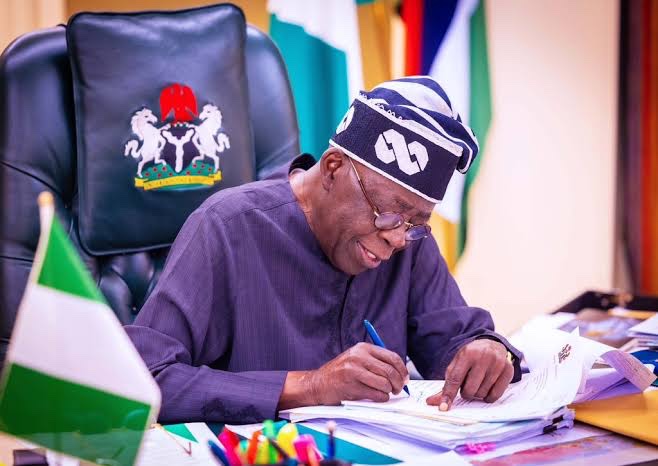





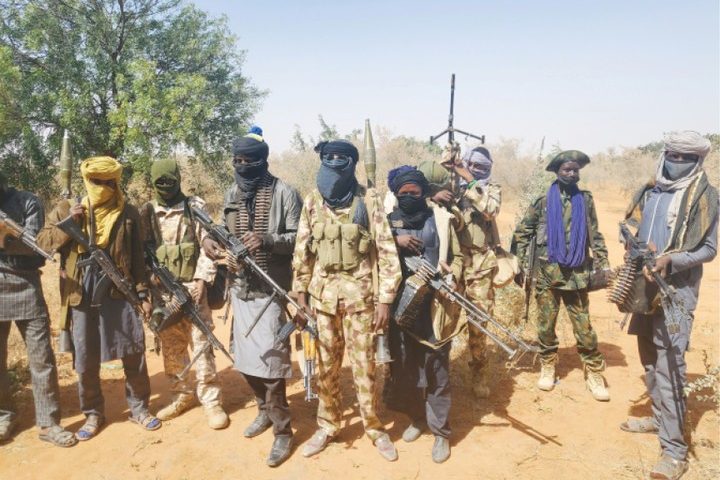








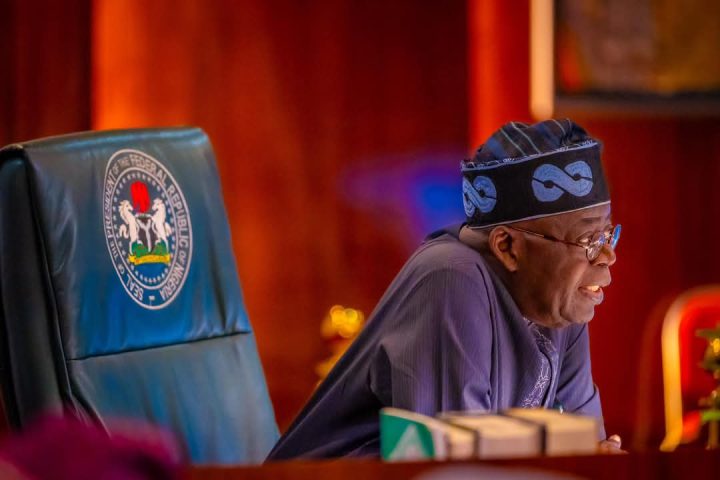
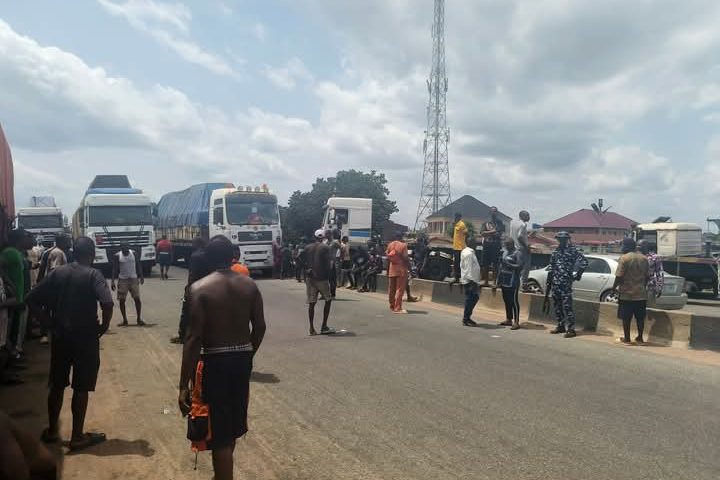
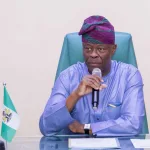
Follow Us